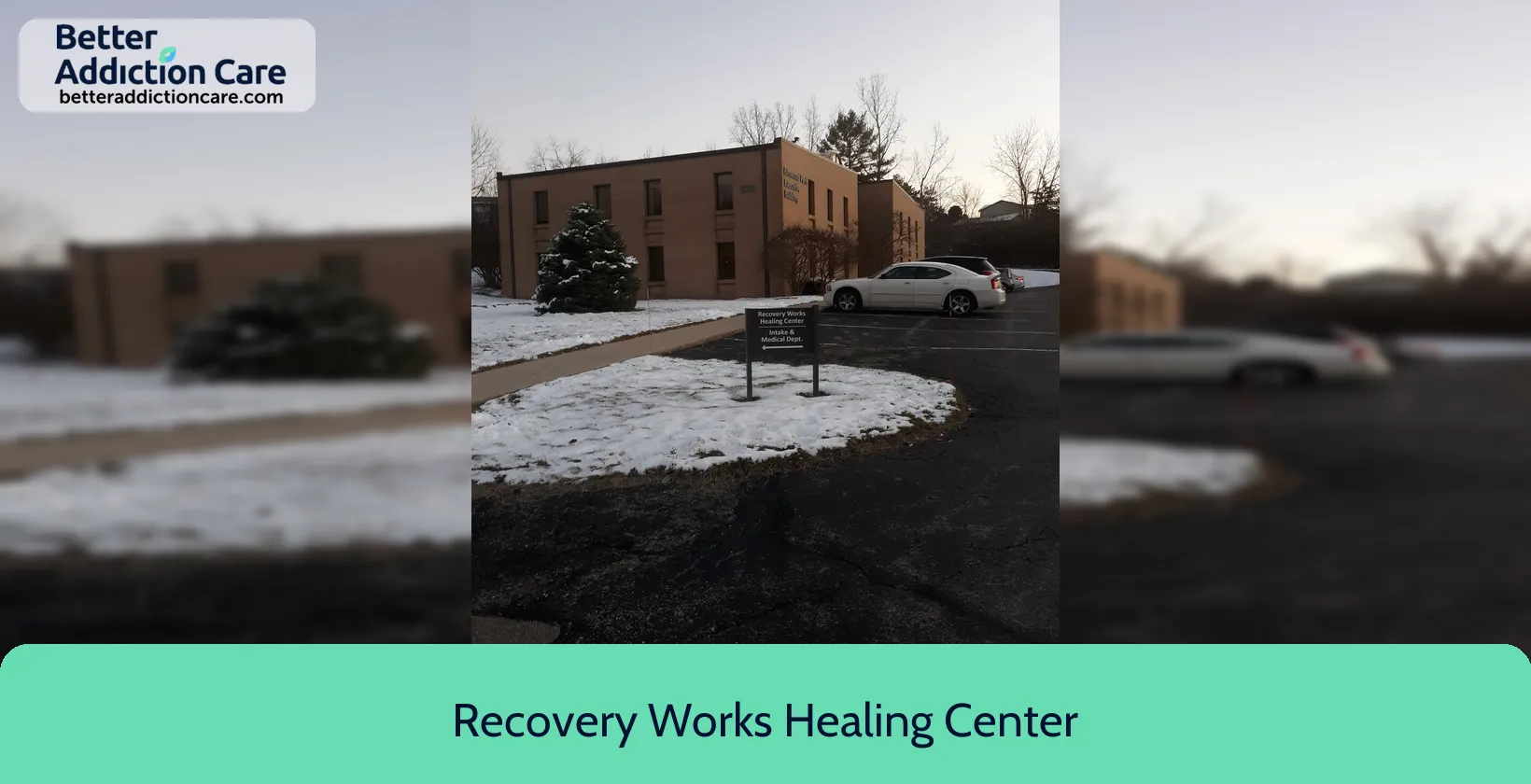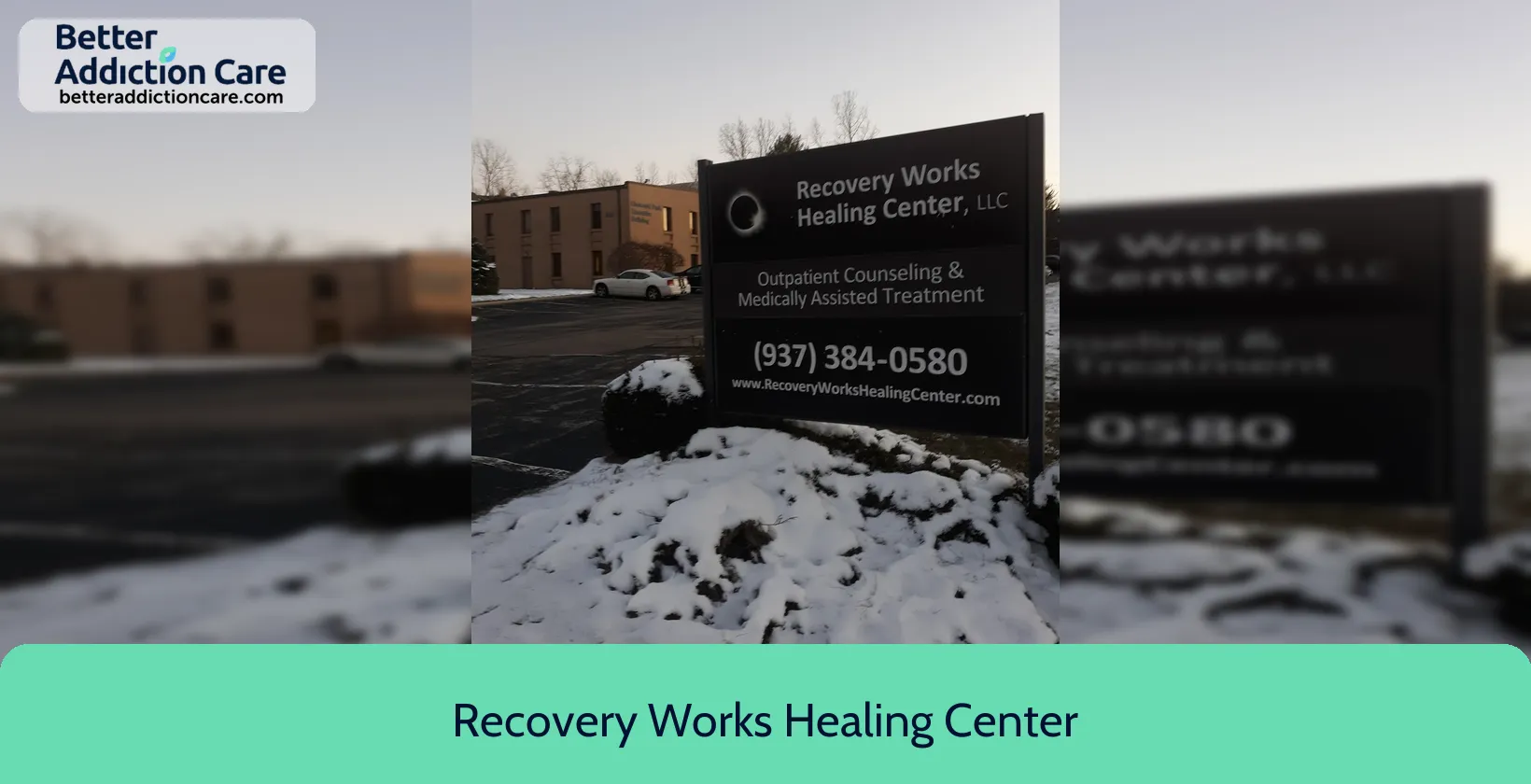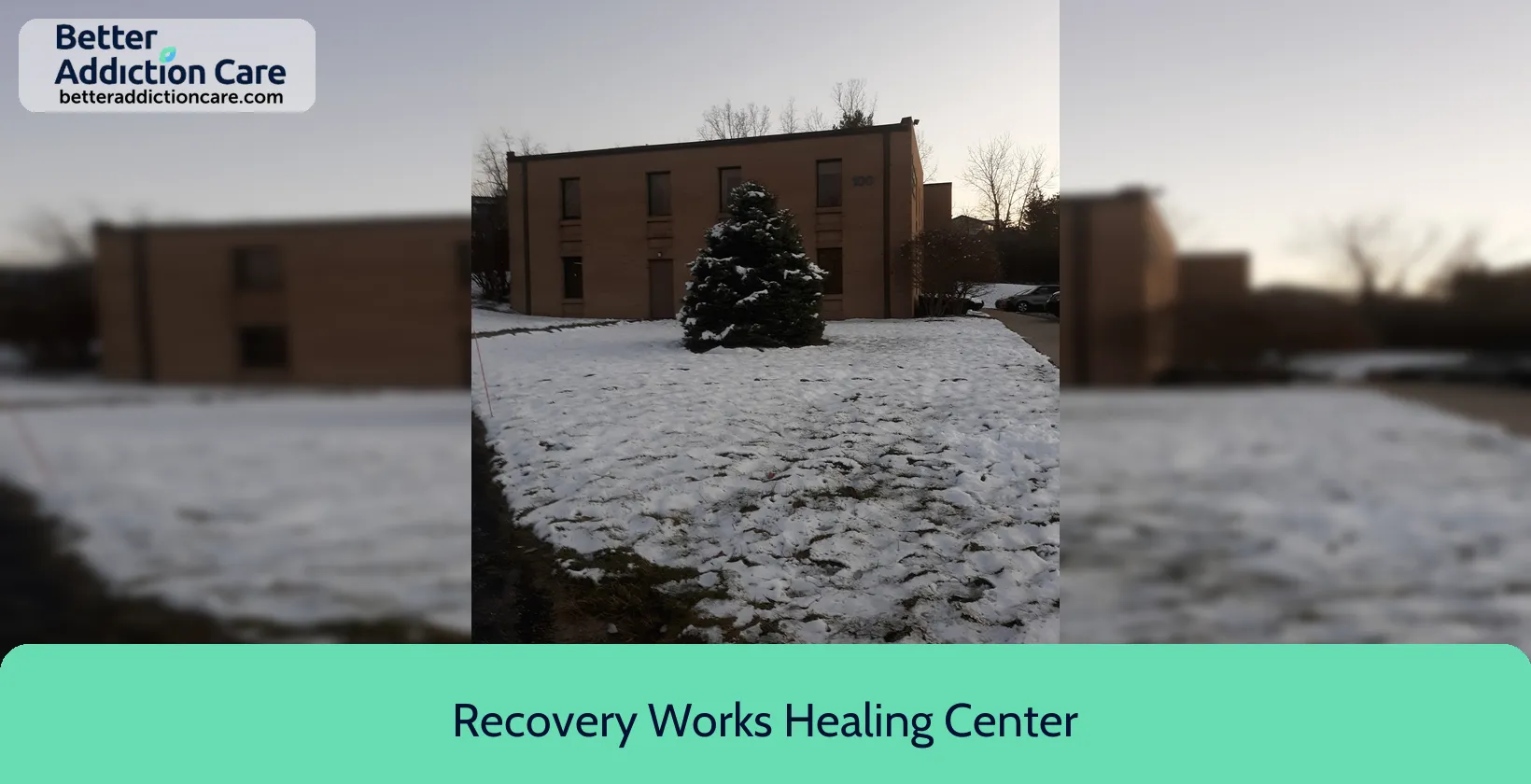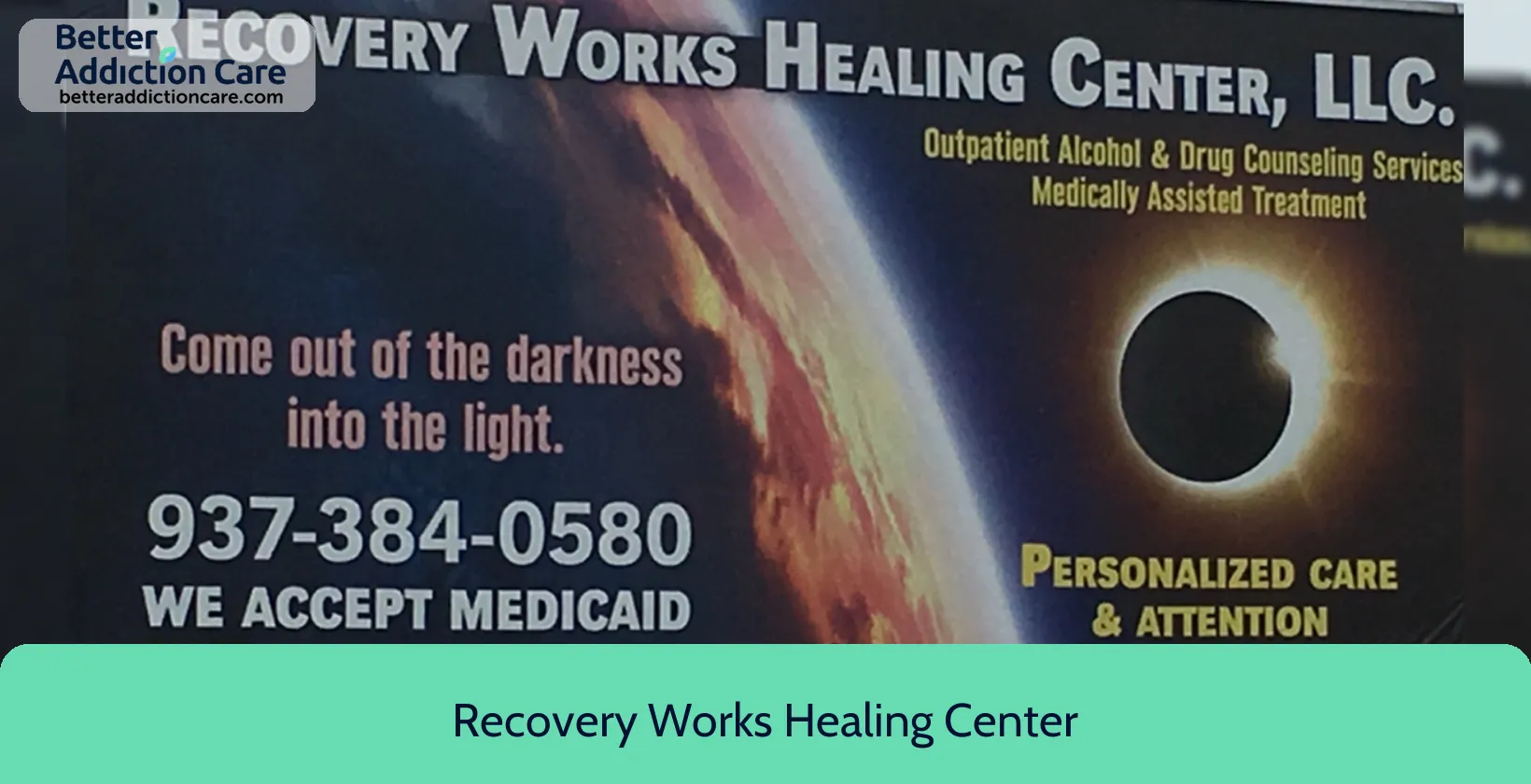Recovery Works Healing Center
Overview
Recovery Works Healing Center is a mental health treatment center for people seeking treatment near Montgomery County. As part of their treatment modalities for recovery, Recovery Works Healing Center provides couples/family therapy, group counseling, and cognitive behavioral therapy during treatment. Recovery Works Healing Center is located in Dayton, Ohio, accepting cash or self-payment for treatment.
Recovery Works Healing Center at a Glance
Payment Options
- Cash or self-payment
- Medicaid
- Private health insurance
Assessments
- Comprehensive mental health assessment
- Comprehensive substance use assessment
Age Groups
- Young adults
- Adults
- Seniors
Ancillary Services
- Case management service
- Family psychoeducation
- Psychosocial rehabilitation services
Highlights About Recovery Works Healing Center
6.68/10
With an overall rating of 6.68/10, this facility has the following balanced range of services. Alcohol Rehabilitation: 8.00/10, Treatment Options: 6.73/10, Drug Rehab and Detox: 6.00/10, Insurance and Payments: 6.00/10.-
Alcohol Rehabilitation 8.00
-
Treatment Options 6.73
-
Drug Rehab and Detox 6.00
-
Insurance and Payments 6.00
Treatment At Recovery Works Healing Center
Treatment Conditions
- Alcoholism
- Mental health treatment
- Substance use treatment
- Co-occurring Disorders
Care Levels
- Outpatient
Treatment Modalities
- Couples/family therapy
- Group counseling
- Cognitive behavioral therapy
- Dialectical behavior therapy
- Activity therapy
Ancillary Services
Additional Services
- Pharmacotherapies administered during treatment
- Laboratory testing
Special Programs
- Persons 18 and older with serious mental illness (SMI)
Get Help Now
Common Questions About Recovery Works Healing Center
Contact Information
Other Facilities in Dayton
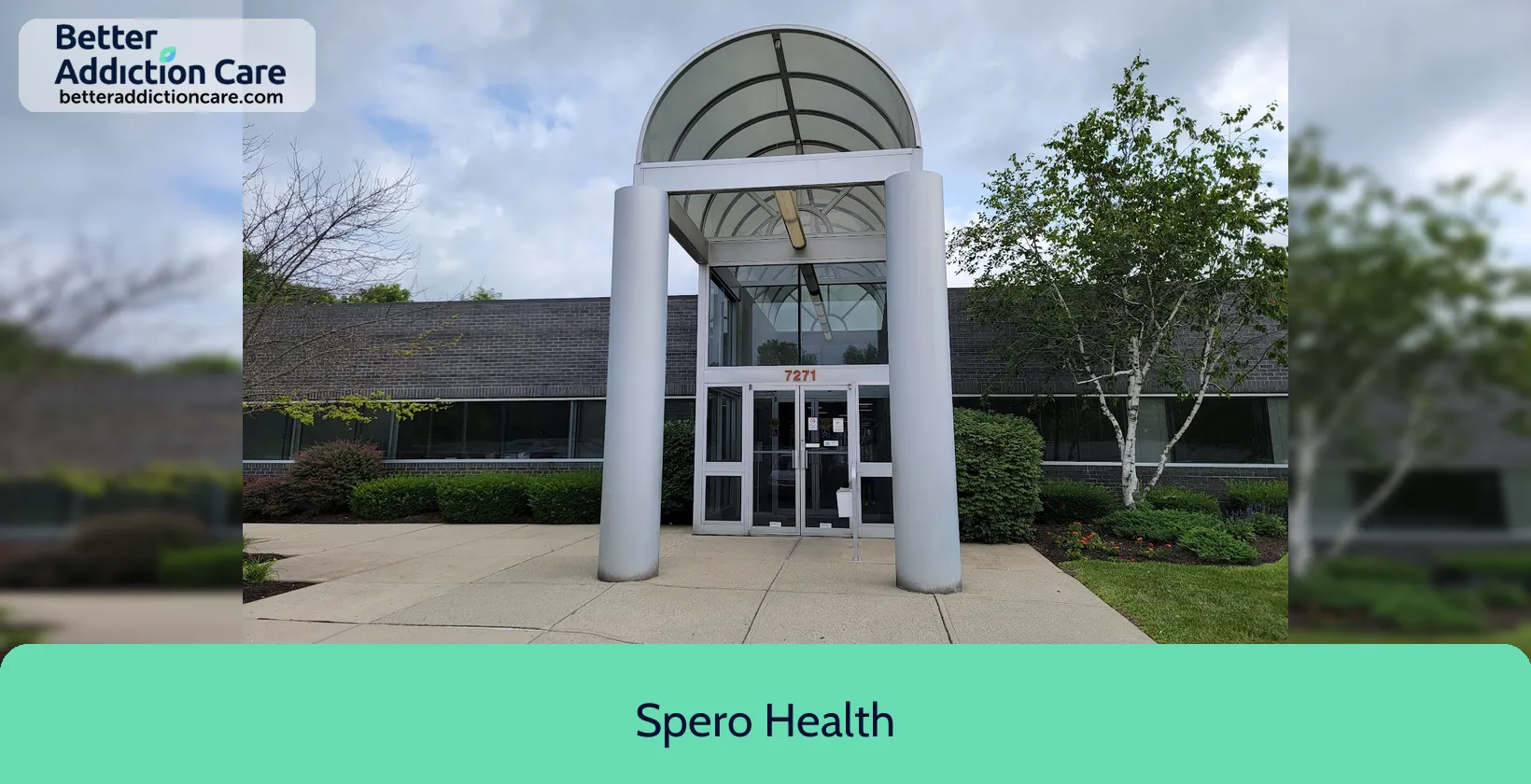
6.56

6.59

6.65

6.65
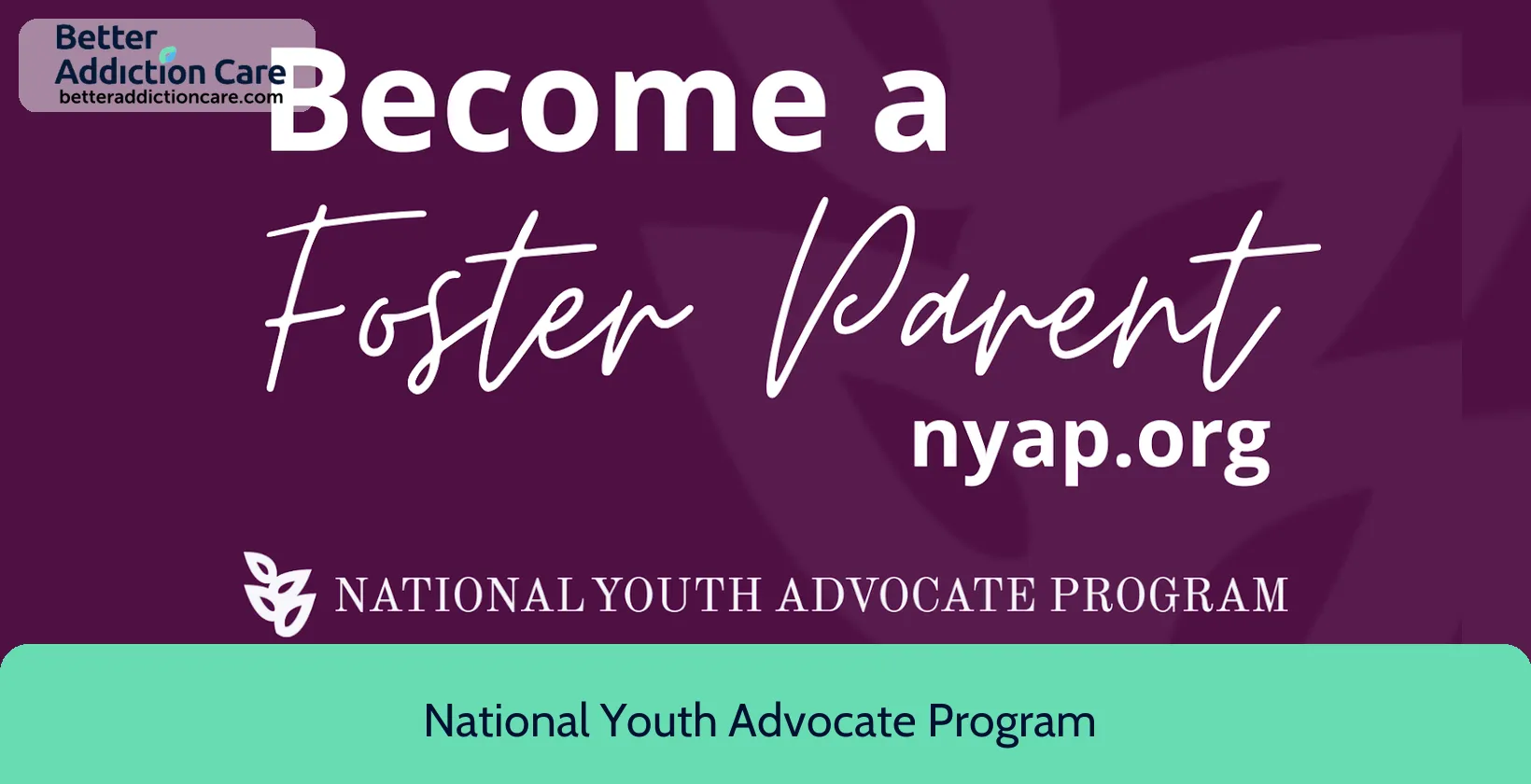
6.74
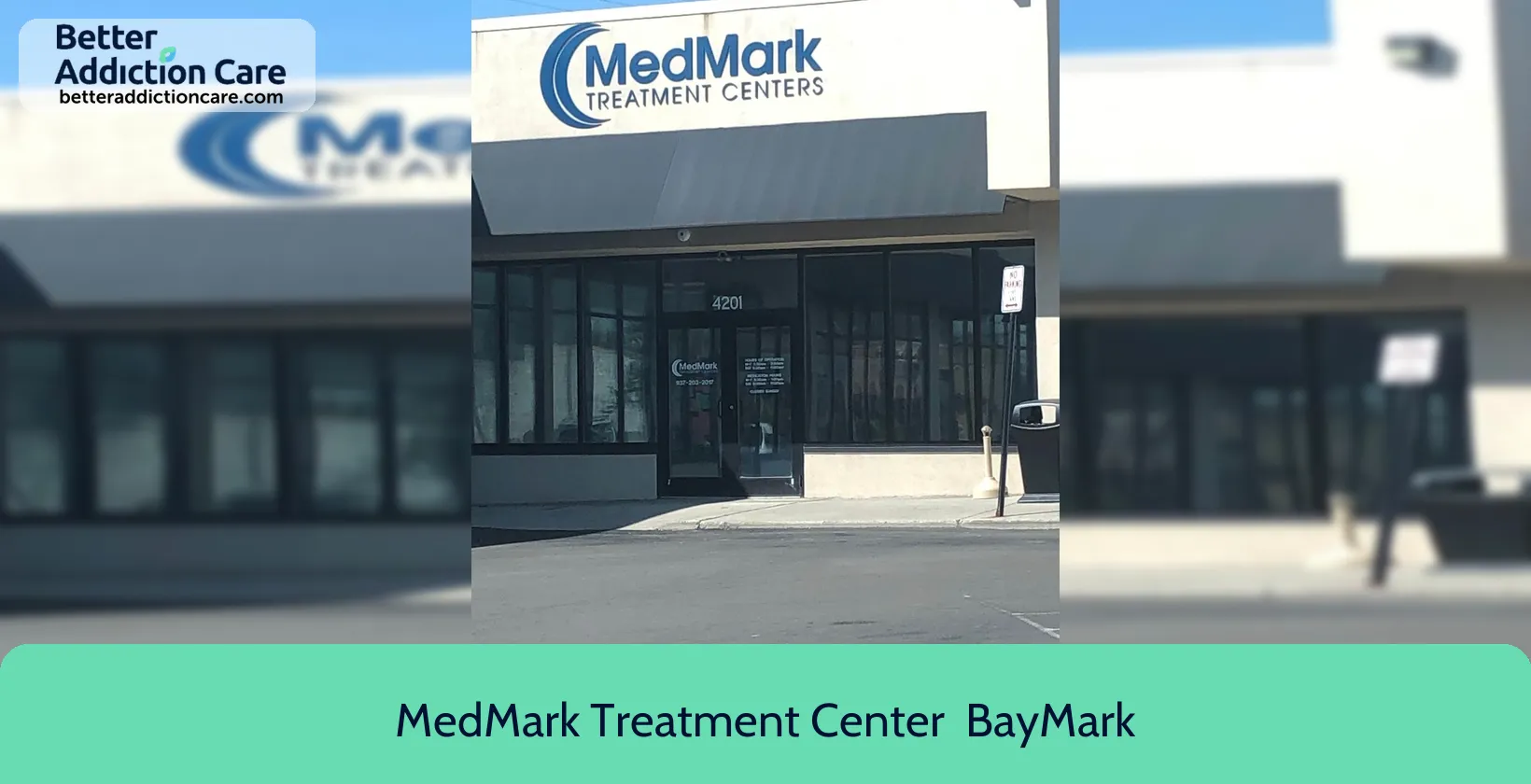
7.05
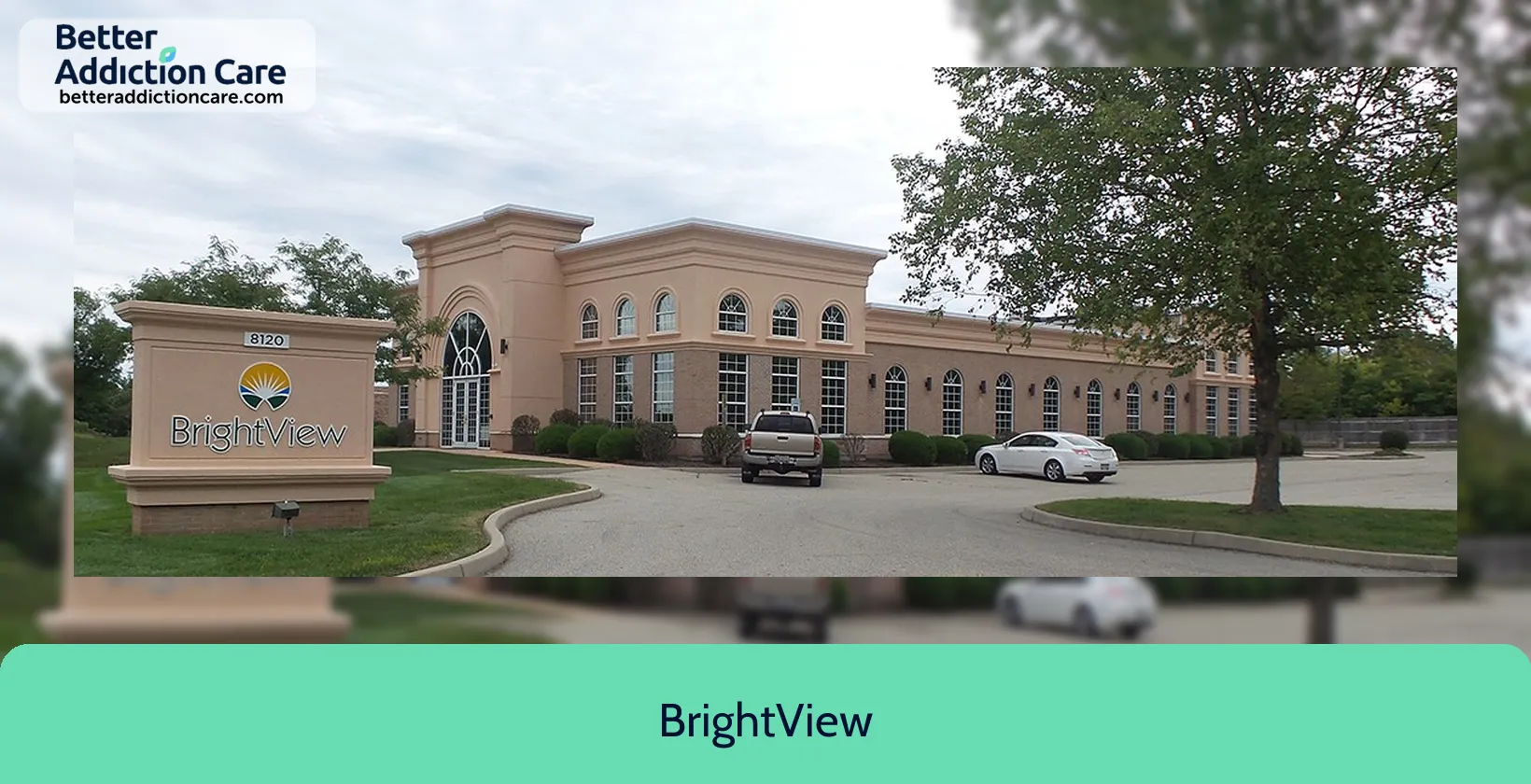
7.53
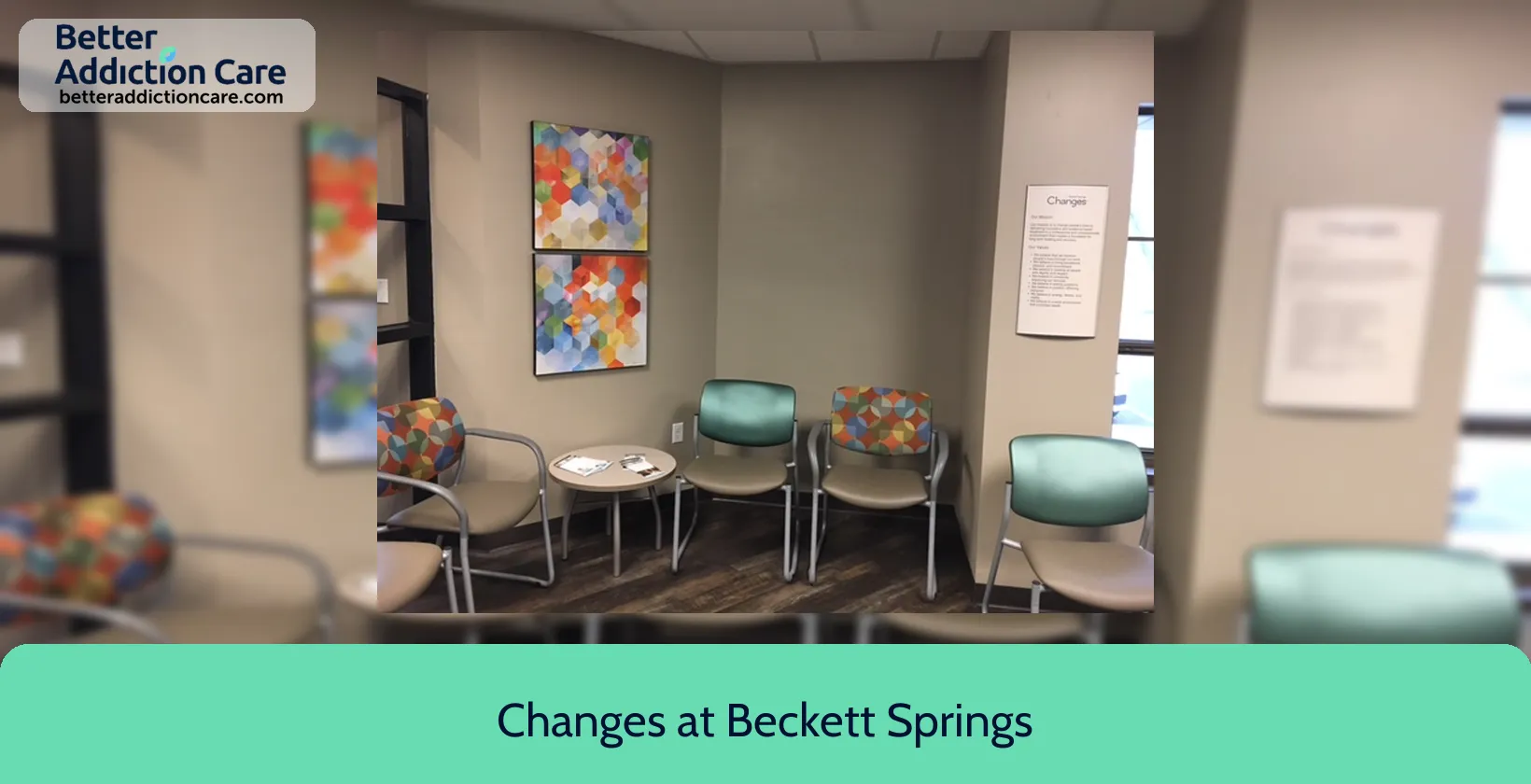
6.71
DISCLAIMER: The facility name, logo and brand are the property and registered trademarks of Changes at Beckett Springs, and are being used for identification and informational purposes only. Use of these names, logos and brands shall not imply endorsement. BetterAddictionCare.com is not affiliated with or sponsored by Changes at Beckett Springs.
